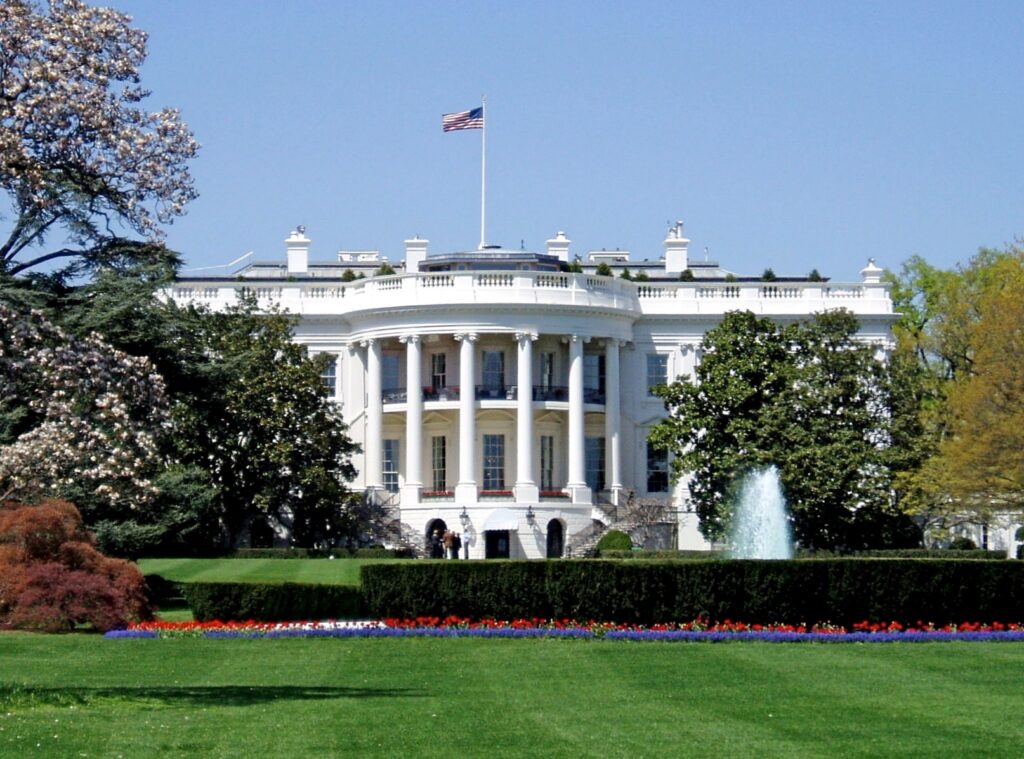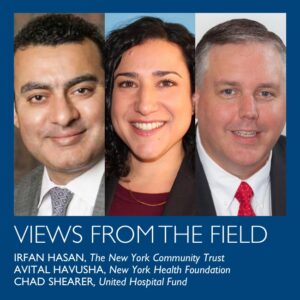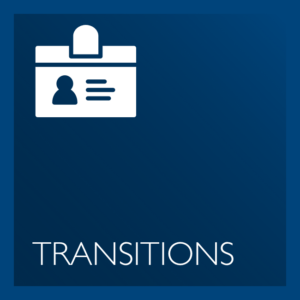The Final Reconciliation Package: Implementation of Key Provisions
On July 4, 2025, H.R. 1, the One Big Beautiful Bill Act, was signed into law. The implementation dates for key health care provisions in the law vary, with some taking effect immediately upon passage and others being implemented over several years. This resource details key dates for the implementation of the law’s most significant health care provisions.
Deadlines in Health-Related Executive Orders and Presidential Memoranda
This GIH policy resource details many of the health-related executive orders issued by the administration and includes a calendar of upcoming deadlines for when those orders are expected to be implemented.
Beyond the Exam Room: Impacting Health Outcomes Through Civic Engagement
August marks Civic Health Month, a time to showcase the link between voting and health and celebrate efforts that ensure every voter can support their community’s health at the ballot box. At the same time, the United States is grappling with a health care system ranked 37th globally despite consuming 17 percent of the country’s GDP. With 26 million Americans uninsured and 43 million underinsured, the gap in access to care continues to widen. This crisis will deepen as critical ACA subsidies expire at the end of 2025, potentially leaving 3.8 million more Americans without coverage, in addition to new federal cuts to Medicaid and changes to how coverage is accessed through the health insurance marketplace, which could result in as many as 20 million Americans losing their health insurance.
New York State Foundations Working Together to Preserve Health Insurance Coverage for Millions of New Yorkers
In March 2020, the United States declared a public health emergency and enacted historic COVID-19 relief legislation. It increased Medicaid funding to states contingent on several conditions, including a “continuous enrollment” requirement that prohibited states from terminating Medicaid enrollees’ coverage until after the public health emergency had ended. How well this worked is a rare silver lining of the pandemic: an estimated 20.2 million people gained coverage since March 2020, and the uninsured rate dropped across the country.
Philanthropy @ Work – Transitions – April 2023
The latest on transitions from the field.
Yield Giving: April 2023
Yield Giving announced a $250 million open call to fund impactful organizations focused on working with people and in places experiencing the greatest need in the United States: communities, individuals, and families with access to the fewest foundational resources and opportunities.
Montana Healthcare Foundation: April 2023
The Montana Healthcare Foundation launched their 2023 Call for Proposals. They offer Montana-based organizations a chance to apply for funding to design and pilot innovative, Montana-grown solutions to key health challenges and to understand the state’s health needs.
Con Alma Health Foundation: April 2023
Con Alma Health Foundation announced two 2023 grant cycles will open soon. The Con Alma Grant Cycle opens May 17, 2023 and closes June 16, 2023. The Northern New Mexico Health Grants Cycle opens June 7, 2023 and closes July 7, 2023.






